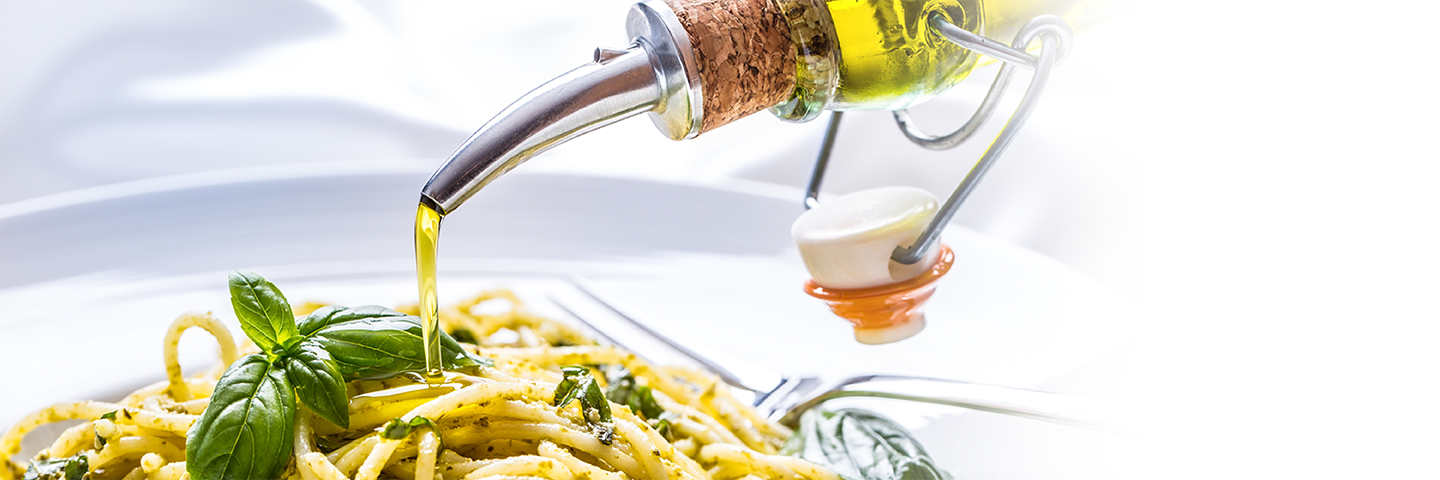How Cooking Oil Makes Us Unhealthy : Taste the food not the oil
By IFB | April 26, 2019
Food may be necessary for survival, but what we put into our bodies has a profound effect on our well-being. For a healthy body, it is important to eat the right amount of food, that has been cooked the right way and at the right time.
Our hurried lives today make us vulnerable to bad eating habits, far from the path nature intended. In the wild, animals eat instinctively and mostly enjoy complete lives with no cholesterol problems whatsoever. Humans, on the other hand, suffer a vast number of lifestyle-related diseases.
To be healthy, we need to eat a balanced diet, of which fats play an important role. Cooking oil is one of the ways in which we consume fats, and it's important to understand how it affects our health.
Oil & its composition
No oil by itself is good or bad. It is actually the composition of the oil - which changes during cooking - that converts it into unhealthy fats. Oils are made of a number of fatty acids, consisting of saturated fats and unsaturated fats - polyunsaturated fatty acids, monounsaturated fatty acids and trans fats.
Trans fats, which occur in very small quantities naturally but are widely present in processed foods, are bad for our health. They increase the chances of early heart attacks or strokes by clogging your arteries at a much faster pace than normal.
Heat can change an oil's composition to create these trans fats. Although cooking methods like deep frying lend food that delicious taste we know so well, it also causes oil to lose a lot of its nutritional value.
Oil & temperature
A process known as oxidisation occurs when oil is exposed to temperature, air, moisture, metals and even light. Temperature is the biggest contributing factor to oxidisation, which degrades the quality of oil to cause health problems. Different oils have varying temperatures at which their composition changes. This is called smoking point, and it helps to remember that the higher the smoking point of the oil, the better it is for cooking. Oils made from avocado, mustard, palm, groundnut, rice bran, sunflower and coconut have higher smoking points.
Oils that are healthy at room temperature can quickly become bad for us after they've been heated, depending on their smoking point. Generally, the more saturated fatty acid an oil contains, the more stable it is during cooking. Many people believe that saturated oils cause heart attacks and unsaturated oils are good for health, but when heating oil for cooking, the opposite is true.
All oils respond to heat, light and oxygen. Oxygen breaks down the oil, potentially producing harmful components particularly when heated. How resistant an oil is to oxygen is known as its oxidative stability. Oils from almonds, avocado, canola, coconut, palm, sesame and extra virgin olive oil have high oxidative stability and are therefore healthier to use during cooking.
Even the methods used to extract oils can affect their nutritional values. Oils are extracted using chemical solvents, decanter centrifuges or through pressing at high or low temperatures. Sometimes, all these methods are combined. The healthiest oils come from those pressed at cold temperatures which prevent them from heating.
Oil-free cooking
Whichever way you look at it, the use of oils in cooking is not the natural way of consuming food. The ideal and healthiest way to eat it is with little to no oil. Cooking methods like boiling, grilling, baking and roasting involve very little or no oil altogether.
IFB's Health Chef Oven is capable of frying with little to no oil in addition to baking, grilling and toasting. These ovens, make cooking healthier dishes easy through the use of little to no oil. These are easy to use and offer a combination of cooking functions in a single appliance, all for delicious but healthy, oil-free meals.


leave a comment